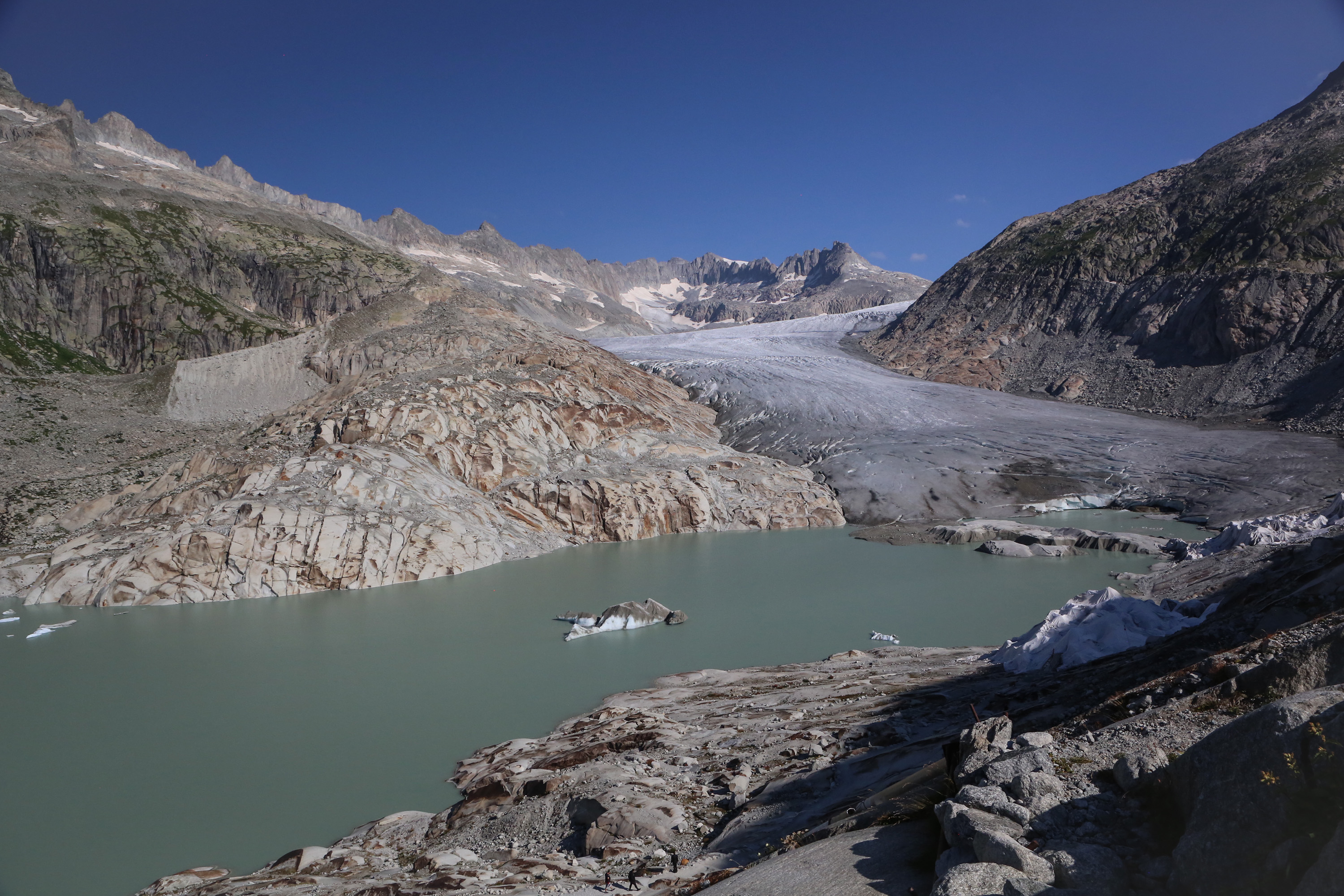Swiss want united front on toxic chemicals

Switzerland is to push for closer cooperation in the fight against dangerous chemicals at an international conference in Geneva this week.
The Swiss want one person to take charge of the secretariats of the Rotterdam, Stockholm and Basel conventions, which cover chemicals, pesticides and hazardous waste, to make them more effective.
Swiss officials plan to table their proposal at the second conference of parties to the Stockholm Convention on Persistent Organic Pollutants (POPs), which runs in Geneva from May 1-5.
The treaty, which came into force two years ago, regulates the use and production of a list of 12 highly toxic chemicals, known as the “dirty dozen”. POPs remain intact in the environment for long periods and accumulate in living organisms.
The latest Swiss proposal stops short of a previous demand for the three Geneva-based secretariats to be merged, which was submitted at a meeting in Rome last year.
Franz Perrez, head of global affairs at the Federal Environment Office, told swissinfo that some developing countries had objected to this model, fearing staff and cost reductions would lead to lower efficiency and a reduced service.
“We will be making it clear that our goal is simply to have a better outcome with the same resources,” he said
The secretariat of the Stockholm Convention is expected to submit its own proposals that include a common head for all three treaties and the integration of some services.
DDT and malaria
The conference is also due to review compliance and enforcement rules as well as exemptions, including those covering the pesticide DDT, which features among the dirty dozen but is still used by some countries in the fight against malaria.
“We will try to ensure that strict rules remain and they don’t become more flexible,” said Perrez. “We are afraid that if the rules are relaxed, DDT will be used again in areas where it’s not absolutely necessary and where there are good alternatives.”
Switzerland last week became the second industrialised nation to submit a national implementation plan in accordance with the Stockholm Convention. Perrez said the report showed that Switzerland had already complied with its obligations under the convention and had banned the sale and use of ten POPs.
The remaining two POPs on the list – dioxins and furans – which are unintentional byproducts of waste incineration, cannot be prohibited. Perrez added that the Swiss were taking additional steps to prevent the unwanted formation of these two POPs, including cracking down on illegal incineration of waste.
He said the next challenge would be to add more substances to the POP list, but this is not on the agenda at this week’s conference.
swissinfo, Adam Beaumont in Geneva
The Rotterdam Convention covers the international trade in certain hazardous chemicals. It stipulates that the export of the most dangerous pesticides and chemicals can only be authorised with the “prior informed consent” (PIC) of the receiving country.
The Stockholm Convention aims to introduce a worldwide ban on the production and use of Persistent Organic Pollutants (POPs), which are harmful chemicals in the environment that build up through the food chain.
The Basel Convention on the Control of Transboundary Movements of Hazardous Wastes and their Disposal is a comprehensive global environmental agreement on hazardous and other wastes.
The 12 chemical products that are subject to the Stockholm Convention:
Aldrin, chlordane, DDT, dieldrin, endrin, heptachlor, mirex, hexachlorobenzene and toxaphene (pesticides).
dioxins and furans (industrial byproducts).
PCBs (industrial chemicals).
Leading candidates to be added to the list are:
Pentabromodiphenyl ether, chlordecone, hexabromobiphenyl, lindane and perfluorooctane sulfonate.

In compliance with the JTI standards
More: SWI swissinfo.ch certified by the Journalism Trust Initiative










You can find an overview of ongoing debates with our journalists here . Please join us!
If you want to start a conversation about a topic raised in this article or want to report factual errors, email us at english@swissinfo.ch.